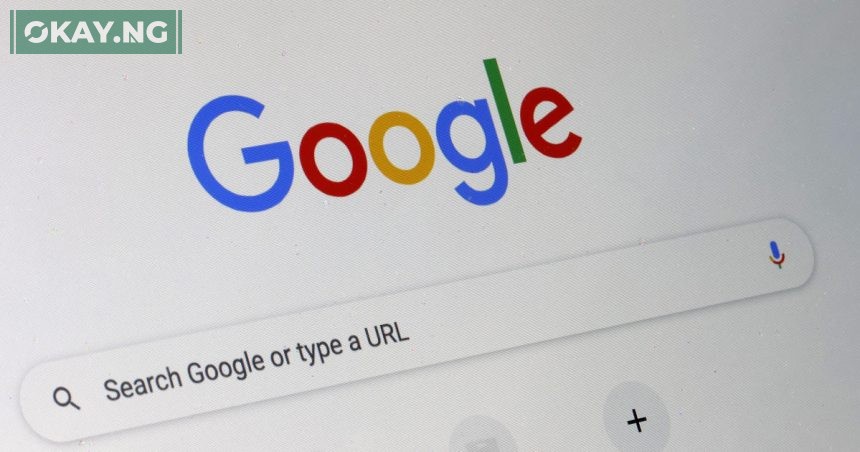Google has updated its site reputation abuse policy to clarify that the use of third-party content to manipulate search rankings violates its guidelines, regardless of the host site’s involvement or oversight.
The update builds on the policy introduced during Google’s March 2024 core update.
Announcing the changes, Chris Nelson from Google’s Search Quality team stated, “We’re making it clear that using third-party content on a site in an attempt to exploit the site’s ranking signals is a violation of this policy — regardless of whether there is first-party involvement or oversight of the content.”
The updated policy now defines site reputation abuse as “the practice of publishing third-party pages on a site in an attempt to abuse search rankings by taking advantage of the host site’s ranking signals.”
Nelson highlighted examples of first-party involvement in such cases, including white-label services, licensing agreements, and partial ownership arrangements, stressing that these do not exempt sites from violating the policy.
“Our evaluation of numerous cases has shown that no amount of first-party involvement alters the fundamental third-party nature of the content or the unfair, exploitative nature of attempting to take advantage of the host’s site ranking signals,” he explained.
Site reputation abuse occurs when third-party content is used on reputable sites to exploit search ranking signals.
This can lead to spammy, low-quality content appearing on otherwise credible platforms, often damaging the site’s reputation and search performance.
A common defense from affected publishers has been that the problematic content was produced by third parties, not by the site itself.
However, Google’s revised policy eliminates this distinction, holding all parties accountable for hosting exploitative third-party content.












